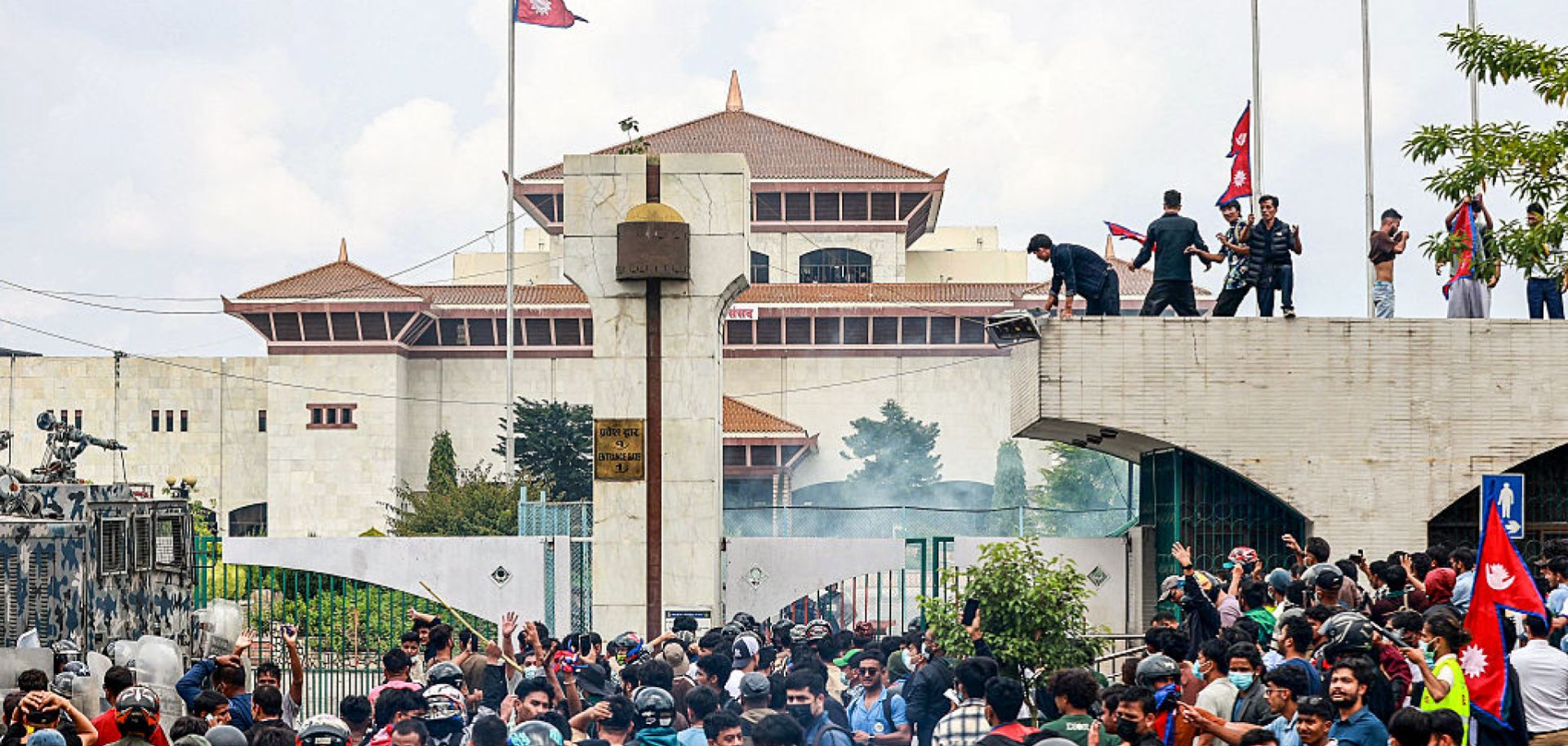In Nepal, violent unrest and political uncertainty will likely persist for at least the coming days, while the crisis will probably deepen the country's years-long political instability and sustain the possibility of further eruptions of unrest in the future. On Sept. 9, Nepalese Prime Minister K.P. Sharma Oli resigned amid intensifying violent protests that erupted on Sept. 8, triggered by authorities' ban on some two dozen social media platforms and anger over corruption. Much of the unrest has remained concentrated in the capital Kathmandu, where demonstrators set fire to several Nepalese officials' homes and to the parliament building. Authorities have also shuttered Tribhuvan International Airport, the country's main international airport. Protesters, who have referred to themselves as Gen Z, have accused authorities of imposing the social media ban to limit free speech and censor criticism, and they have highlighted the move as part of a broader, flawed political system that...

